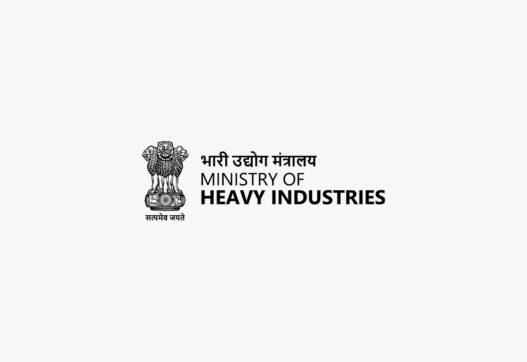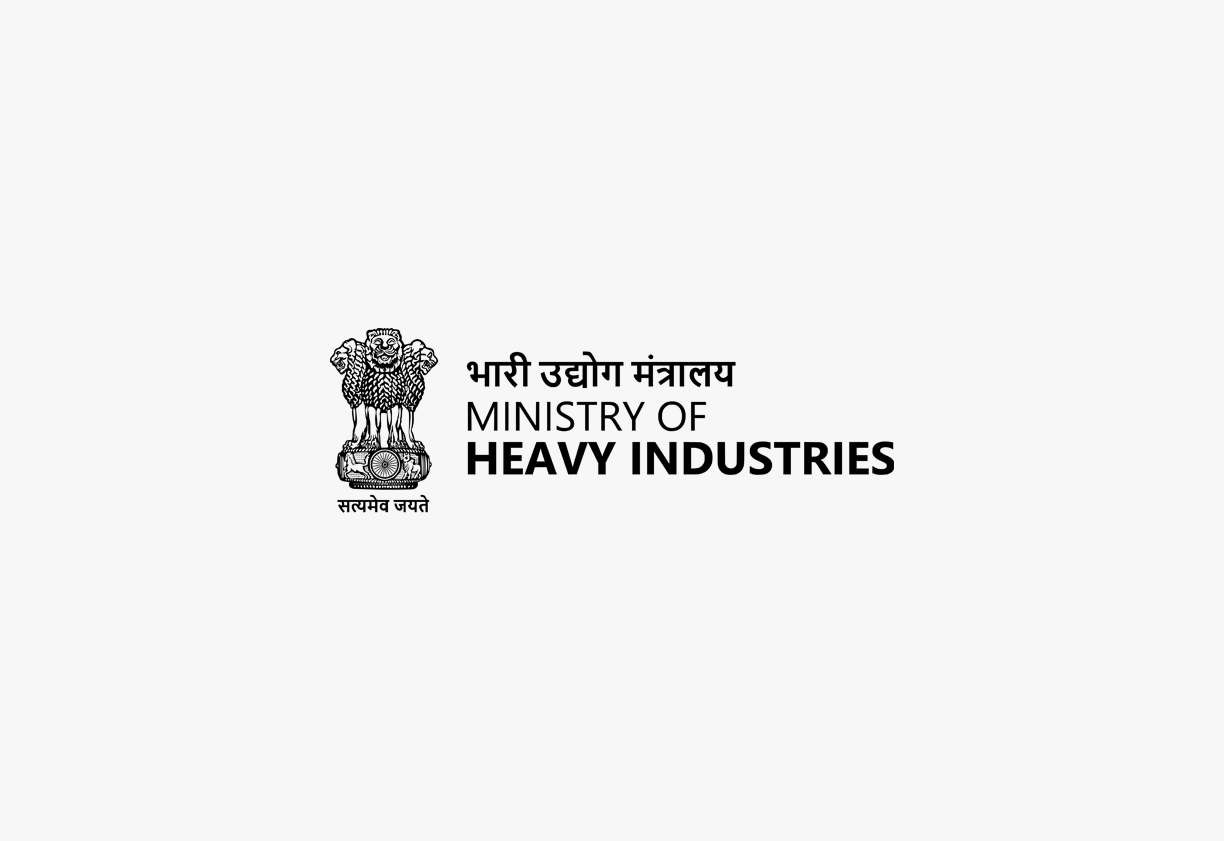Ministry of Heavy Industries and Public Enterprises
The Hind Cycles Limited and Sen-Raleigh Limited (Nationalisation) Act, 1980, provides for the acquisition of the undertakings of Hind Cycles Limited and Sen-Raleigh Limited by the Central Government to ensure the continued production and distribution of bicycles in the public interest.
1: Act Background and Ministry Under Which This Act Is:
The Hind Cycles Limited and Sen-Raleigh Limited (Nationalisation) Act, 1980, was enacted to nationalize the undertakings of Hind Cycles Limited and Sen-Raleigh Limited. This act aimed to secure the proper management of these companies and to ensure the continued production and distribution of bicycles, their component parts, and accessories, which are considered essential to the needs of the economy. The act falls under the administrative purview of the Ministry of Industry, which oversees the implementation and management of nationalized industries. The ministry plays a vital role in ensuring the smooth functioning of such entities.
2: Enactment Date, Number of Chapters, Number of Sections:
The Hind Cycles Limited and Sen-Raleigh Limited (Nationalisation) Act, 1980, was enacted on 27th December 1980, and is known as Act No. 70 of 1980. The act is structured into seven chapters, with no formal chapters. It comprises 33 sections, covering various aspects such as definitions, transfer of undertakings, payment of amounts, management of the undertakings, provisions relating to employees, appointment of a Commissioner of Payments, and miscellaneous provisions. The act also includes three schedules defining payments, interest rates, and priorities of liabilities. The act has been amended over time to reflect changing requirements.
3: Act Governed By:
The Hind Cycles Limited and Sen-Raleigh Limited Act is governed by the Central Government, which has the power to make rules and regulations under the Act. The act also provides for the appointment of a Custodian to manage the undertakings and a Commissioner of Payments to handle claims. The act is governed by the provisions outlined within it, as well as rules and regulations framed by the Central government. It is therefore a combination of central authority with a judicial process.
4: On Whom It Is Applicable:
The provisions of the Hind Cycles Limited and Sen-Raleigh Limited Act are applicable to Hind Cycles Limited, Sen-Raleigh Limited, their employees, the Central Government, the Custodian, the Commissioner of Payments, and the new government companies formed to take over the undertakings. The act ensures that all actions and activities are in accordance with the regulations outlined, as well as the Act’s mandate and guiding principles. The general public are indirect beneficiaries of the act’s provisions. The act’s focus is to protect public interest.
5: Penalties/Punishments:
The act prescribes penalties for various offenses, including:
-
Wrongful Withholding of Property: Wrongfully withholding property of the undertakings can lead to imprisonment or fines.
-
Failure to Furnish Information: Failure to provide required information or documents attracts penalties.
-
False Claims: Making false claims before the Tribunal attracts penalties. The act emphasizes accountability and proper conduct during the acquisition process.
6: Important Pointers:
-
Nationalization: The act nationalizes the undertakings of Hind Cycles Limited and Sen-Raleigh Limited.
-
Transfer to Government: It mandates the transfer of the undertakings to the Central Government and subsequently to government companies.
-
Custodian: It provides for the appointment of a Custodian to manage the old companies.
-
Commissioner of Payments: It establishes the office of a Commissioner of Payments to handle claims and disbursements.
-
Employee Protection: It safeguards the rights and conditions of service of existing employees.
-
Rule-Making: It empowers the Central Government to make rules for the management and procedures of the undertakings.
-
Public Interest: It emphasizes the need to ensure continuity of production and supply of goods in the public interest. The act provides both broad and specific areas of operation for the two companies.
7: Act Copy:




